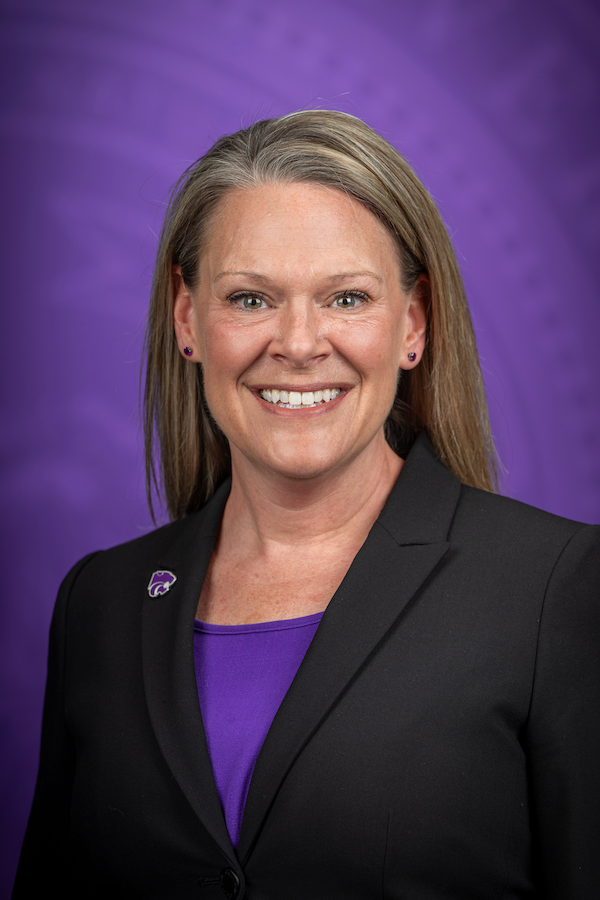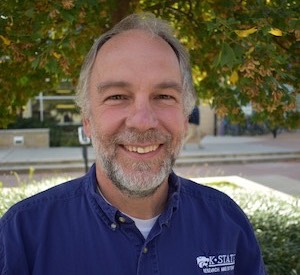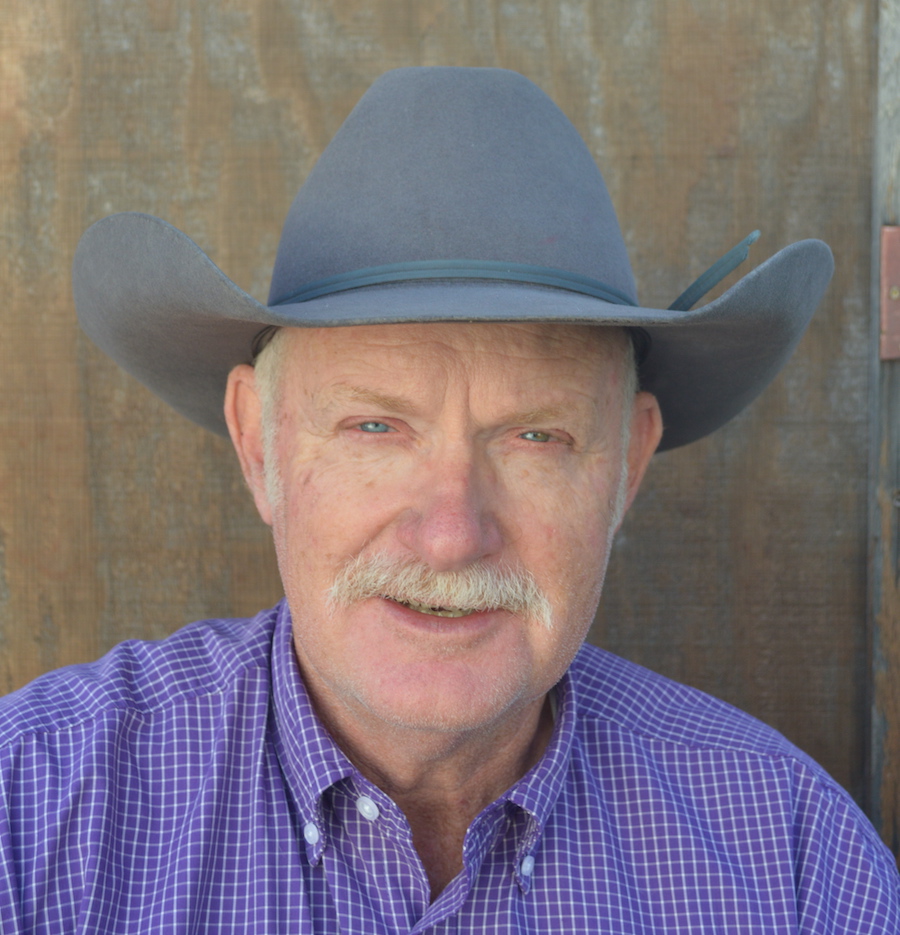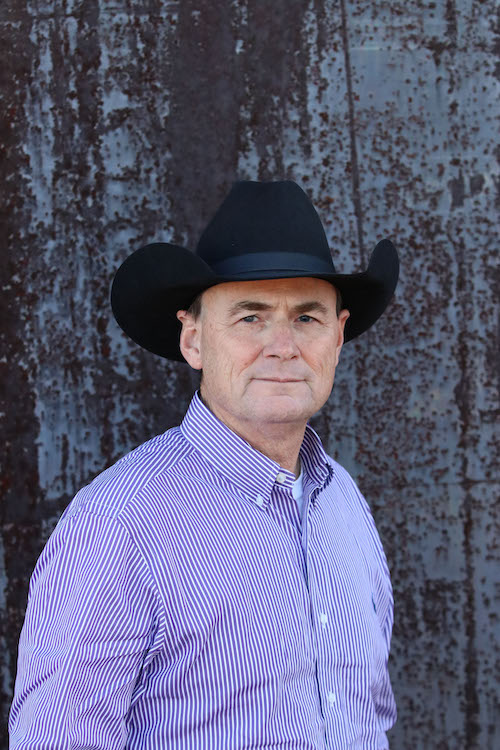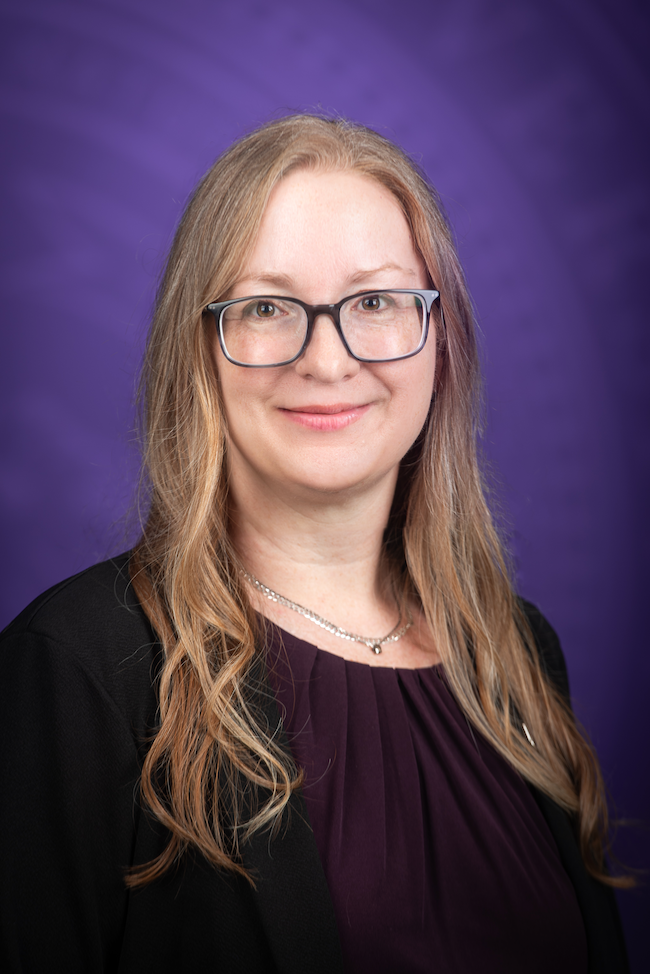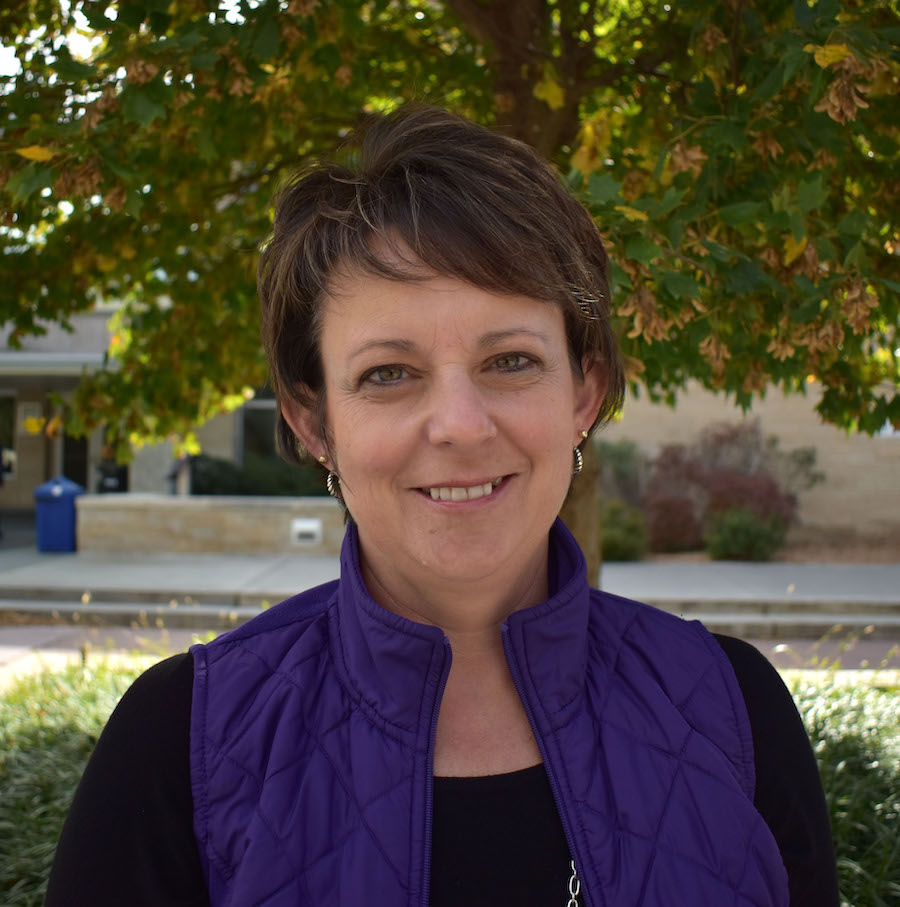About KCARE: Our Mission
Agriculture is interwoven through nearly every aspect of life in the state of Kansas. Drive down any highway, and you’ll see farms or ranchland: after all, nearly 90 percent of all the land in the state is agricultural. Most of this acreage is family farms and ranches, with traditions stretching back through the generations. But the future of farming is changing, whether it’s tilling techniques, water management, or the weather. With this in mind, the Kansas Center for Agricultural Resources and the Environment (KCARE) has a mission to develop and deliver knowledge that helps Kansans balance the utilization of our state’s natural resources with the protection of those resources.
Our projects examine current issues and create new innovations to offset the changing landscape; this includes water management issues, water quality, prairie ecosystem maintenance, fertilizer research, livestock management, and more.
Our Team
Dr. Susan Metzger
Director
Susan Metzger is the Director of Strategic Interdisciplinary Program Development at K-State. As part of this role, she is director of both KCARE and the Kansas Water Institute (KWI).
Susan uses her considerable experience to help secure and administer funding for efforts around water, fertilizer, soil health, and other natural resources research. She works closely with the KCARE team of Watershed Specialists to support their efforts to improve water quality throughout the state and their work with Watershed Restoration and Protection Strategies (WRAPS) projects. She also represents KCARE with local, state and federal agencies and help coordinate work with water and soil conservation issues associated with increased cotton acres in Kansas.
Susan has broad experience representing Kansas State University and Kansas agriculture. Before her work at K-State, she was the Deputy/Assistant Secretary of the Kansas Department of Agriculture, where she served the farmers, ranchers and agribusinesses of Kansas and assisted in the development and delivery of tools to grow the state’s agricultural economy. Prior to that, she was the Chief of Planning and Policy for the Kansas Water Office, where she was the team leader in the development and implementation of the Long-Term Vision for the Future of Water Supply in Kansas.
Susan received her B.S. in biological sciences from the University of Mary Washington in Virginia, and was awarded a Master’s degree in biological sciences from Old Dominion University. She received her Ph.D. in leadership communications from K-State.
Dr. Will Boyer
Watershed Specialist (Northeast Kansas)
Will Boyer is an extension watershed specialist for K-State. He works primarily with Northeast Kansas watersheds, where he provides education and technical assistance to agricultural producers and other stakeholders. Will works one-on-one with livestock producers to find solutions to water quality concerns associated with their confined feeding and grazing operations using high-resolution mapping data and GIS software.
Will has been with K-State since 1998, and in his current position since 2003. He holds a Bachelor of Arts degree in biology from Chadron State College in Nebraska, and a master’s degree in environmental planning and management from K-State. He received his Ph.D. from K-State in 2025.
Jeff Davidson
Watershed Specialist (Flint Hills)
Jeff Davidson is a watershed specialist, with a special focus on the Flint Hills Watersheds. He has been with KCARE since 2012, providing research-based information and educational programs related to environmental stewardship of water resources throughout the Flint Hills region. Jeff’s work focuses on the use of off-stream watering sites for cattle, improved water quality through rangeland management practices, confined feeding animal management, cover crop management, soil infiltration improvement strategies, and riparian zone management. Additionally, he is the initial contact for people who own streambank sites deemed highly erodible along the Cottonwood River.
Jeff worked for K-State for many years previous to KCARE as an Agricultural Extension Agent in Greenwood County. He attended Colorado State University, where he earned both a Bachelor of Science degree in Range-Forest Management and a Master’s Degree in Range Science, specializing in range animal nutrition.
Ron Graber
Watershed Specialist (Central Kansas)
Ron Graber is an Extension Watershed Specialist for watersheds in central Kansas. As part of his role, Ron coordinated the development, assessment and planning phases of the Watershed Restoration and Protection Strategies (WRAPS) plan for the Little Arkansas River, the Smoky Hill River and Upper Timber Creek. His primary focus as a watershed specialist is to educate local citizens about non-point source pollution issues and motivate those citizens to implement water quality restoration and protection actions. Ron works with livestock producers, regardless of operation size, to conduct environmental assessment and provide assistance in identifying management options best suited for their individual operation. He also assists growers in water quality protection by providing information on best management practices (BMPs) for crop production as it relates to water quality.
Ron is a K-State graduate, holding both a Bachelor of Science degree and a master’s degree in Agriculture. Prior to his work as a watershed specialist, Ron was a County Extension Agent for K-State Research and Extension in both Osage and Harvey counties. He has worked as a watershed specialist since 2000.
Melissa Harvey
Communications and Marketing Coordinator
Melissa Harvey joined the KCARE team as a marketing and communications specialist in 2017. She is responsible for technical editing, developing materials for print and online publication, writing articles for the KCARE website, and working with faculty and staff to write any other articles for publication. Previously, she has worked as a writer and communications coordinator at the University of California, Davis, as well as a consulting science writer and editor at the International Livestock Research Institute in Nairobi, Kenya. Melissa received her B.A. in English from Washington and Lee University, in Virginia.
Stacie Minson
Watershed Specialist (Kanopolis Watershed)
Stacie works as both the wateshed specialist for this area and the WRAPS coordinator, providing technical assistance to the 2,400 square mile area, which includes Kanopolis Reservoir. Stacie not only focuses on water quality in her area by working closely with producers to implement cropland and livestock BMPs, she also actively promotes water conservation and improved water quality through many educational programs in the community.
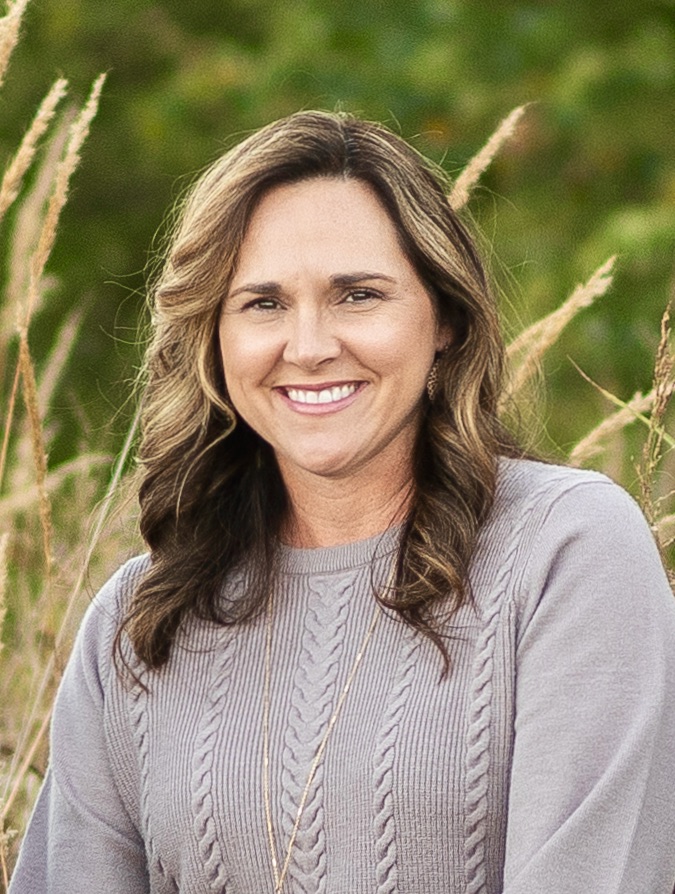 Amanda Schielke
Amanda Schielke
Watershed Program Assistant Director, KCARE Program Manager
Amanda Schielke supports the watershed specialist team with grant writing and reporting, and she assists with water monitoring data analysis for the Little Arkansas River WRAPS group. Amanda also leads efforts for program management for key projects like the Flickner Innovation Farm.
Amanda grew up on a farm in southeast Kansas implementing best management practices for conservation. This formative experience led her to the University of Kansas, where she graduated with a B.S. in Organismal Biology. Since then, she has focused her attention on water conservation and environmental programs on both the county and district level.
